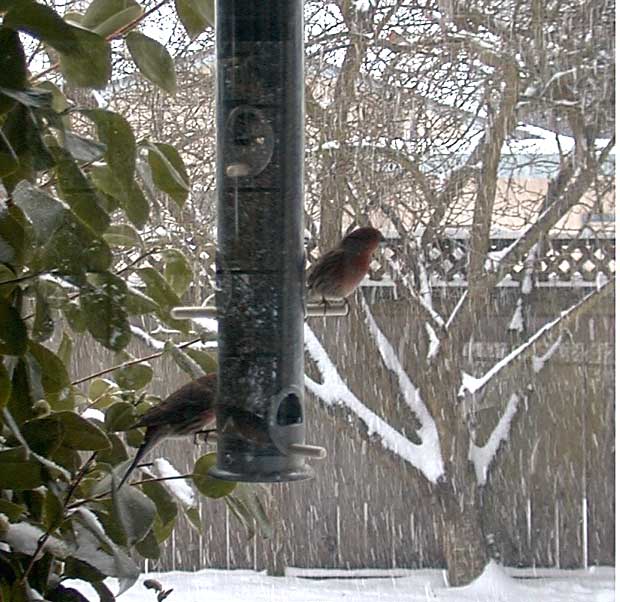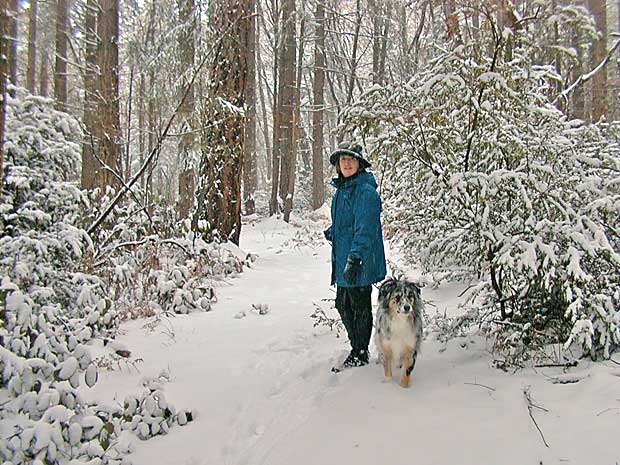It’s never a good sign when it takes me a long time to read a book of poetry, and I started reading Sharon Olds’ The Unswept Room just before Christmas when I was waiting in the airport Christmas Eve to pick up Tyson, Jen and Logan. Reading the first poems, I decided that they were simply too depressing to read during the Christmas season for they describe a dysfunctional, abusive family and the effect that family has on the poem’s narrator.
Of course, the simple fact that I found them disturbing enough that I wanted to put them off to a later time seems positive to me. The early poems are in the tradition of Sexton, Plath, and Howe, and unfortunately those are tough poets to follow. While Olds does stake out her own territory, a middle ground where the parents seem more dysfunctional than abusive, there is little that is truly new here and the poems lack the vivid imagery that sets Sexton’s poems apart. Still, as Thomas F. Dillingham notes, “To her admirers, Olds is a poet of direct physicality and painful honesty, depicting aspects of family life and of personal relationships that have rarely been described in such intimate or graphic terms.” I’m just not sure that I belong among her admirers.
My favorite poems are found in the middle of the book where Olds’ narrator begins to discover that, given the right circumstances, it is possible to overcome the effects of a dysfunctional childhood. One of my favorite, perhaps because it reminds me of some of my own feelings for my first-born daughter is:
FIRST WEEKS
Those first weeks, I don’t know if I knew
how to love our daughter. Her face looked crushed,
crumpled with worry-and not even
despair, but just depression, a look of
endurance. The skin of her face was finely
wrinkled, there were wisps of hair on her ears,
she looked a little like a squirrel, suspicious,
tranced. And smallish, 6.13,
wizened-she looked as if she were wincing
away from me without moving. The first
moment I had seen her, my glasses off,
in the delivery room, a blur of blood,
and blue skin, and limbs, I had known her,
upside down, and they righted her, and there
came that faint, almost sexual, wail, and her
whole body flushed rose.
When I saw her next, she was bound in cotton,
someone else had cleaned her, wiped
the inside of my body off her
and combed her hair in narrow scary
plough-lines. She was ten days early;
sleepy, the breast so engorged it stood out nearly
even with the nipple, her lips would so much as
approach it, it would hiss and spray.
In two days we took her home, she shrieked
and whimpered, like a dream of a burn victim,
and when she was quiet, she would lie there and peer, not quite
anxiously. I didn’t blame her,
she’d been born to my mother’s daughter. I would kneel
and gaze at her, and pity her.
All day I nursed her, all night I walked her,
and napped, and nursed, and walked her. And then,
one day, she looked at me, as if
she knew me. She lay along my forearm, fed, and
gazed at me as if remembering me,
as if she had known me, and liked me, and was getting
her memory back. When she smiled at me,
delicate rictus like a birth-pain coming,
I fell in love, I became human.
While I’m not enamored of the style or imagery of this poem, I do identify with the feelings of inadequacy when first confronted with a crying child and the feelings of elation when that bundle of howls finally smiles at you. The poem does a good job of finding the middle ground between the pure sentimental mush that accompanies most poems about babies and the despair that accompanies her earlier poems. I found the lines, “I didn’t blame her,/ she’d been born to my mother’s daughter. I would kneel/and gaze at her, and pity her” and the last line “I fell in love, I became human” particularly moving and insightful.
Unfortunately, there is too little focus on these middle poems for Olds all too quickly moves to poems celebrating sex that made me sympathetic to charges that moved detractors like “the critic Helen Vendler, to describe her work as self-indulgent, sensationalist, and even pornographic.” While I wouldn’t go so far as to agree with Dan Schneider’s essay
“Sharon Olds’ Orifices & The Inculcation Of Tedium,” though I did find it amusing enough to include it here after suffering through the last twenty poems, I found the narrator’s description of sex with her husband nearly as offensive as Ginsberg’s description of sex with his partner. Personally, I would suspect that if the reader needs to be told “Sex had been/ like music, high and bright as the moon,/ sugar as the milk that had leaped in a little/ arc from the breast” or “Now,/ will entered, and abandonment of heaven,/ and extremes of feeling I had not known existed/ outside of rooms where people hurt each other./ We loved each other” as Olds does in “A Time of Passion,” they would simply be incapable of understanding the poem at all. In other words, she bored me by stating the obvious in rather strained similes and metaphors.
Though I was struck by the idea of including poems about dysfunctional families and overcoming the effects of that family through a celebration of love, unfortunately I didn’t find the execution of those ideas particularly convincing or effective. Perhaps others would find it more so, and certainly there can never be too much awareness of the harmful effects of dysfunctional or abusive families


